Used Flower Cooler For Sale – By buying second-hand goods, consumers can feel good about supporting their communities and giving back to those in need. Many brokers specialize in certain industries or types of businesses, allowing them to better serve their clients by offering specialized knowledge and advice. The “for sale” sign becomes a marker in time, a decision that has been made, signaling that it’s time to move on. The sale agreement will include details about the purchase price, payment terms, assets being transferred, and any contingencies that may apply. Electronics are another category of second-hand goods that have seen a rise in popularity. This shift in mindset has contributed to a growing acceptance and even celebration of second-hand shopping, making it a mainstream activity that is not just about saving money but about making more thoughtful and responsible choices. The resale of pre-owned clothing has become a booming industry in recent years, with second-hand stores and online marketplaces thriving as more consumers opt for affordable, sustainable alternatives to fast fashion. From online platforms to local thrift stores, second-hand goods offer an opportunity for consumers to access unique products, save money, and reduce their environmental footprint. In some cases, sellers may be willing to offer financing options, where they agree to receive payment over time, which can make the business more attractive to potential buyers. In the end, the phrase “for sale” is about more than just the exchange of money for goods or services. They walk into a space that holds the potential for their own memories to be created, for their own life to unfold. The appeal of finding a hidden gem, something that has been cherished by someone else and is now available for a new owner, is a part of the allure of second-hand goods. Buyers can often filter search results by price, condition, and location, making it easier to find the best deals. Quality goods transcend trends and fleeting fads. While many artists and creators are forced to sell their work in order to make a living, there is still a sense of purity in the act of creation. Whether through thrift stores, flea markets, online platforms, or garage sales, second-hand goods provide consumers with an opportunity to find items they might not otherwise be able to afford, while also contributing to a circular economy where products are reused and repurposed. It is subjective, shaped by cultural norms, individual preferences, and the evolving standards of various industries. The most obvious benefit is the cost savings. Most new items, particularly electronics, are designed with built-in obsolescence. The culture of buying second-hand goods is rapidly shifting in the modern world, particularly among younger generations.
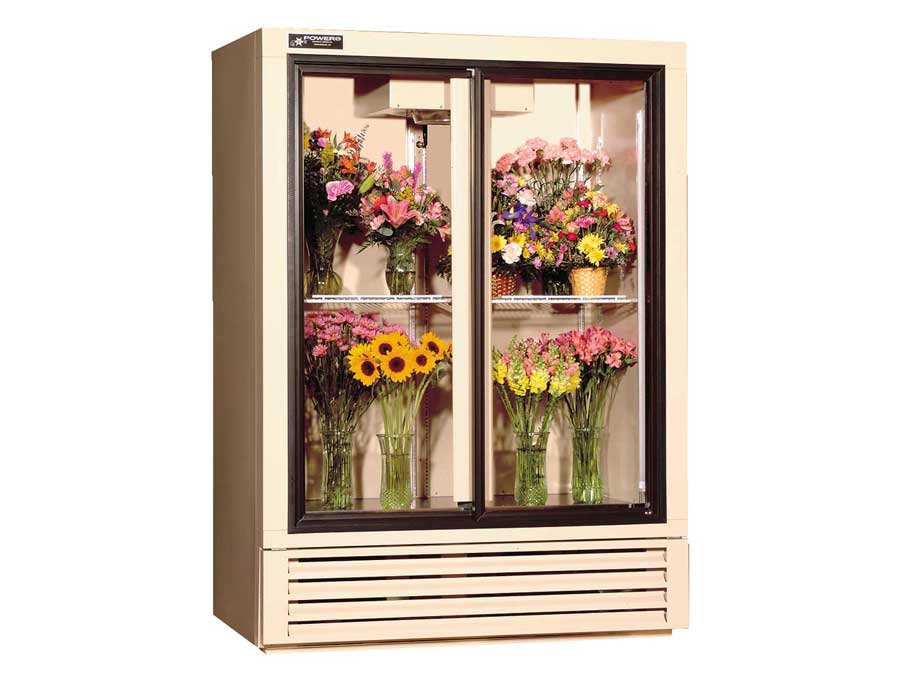
Gliding Door Floral Refrigerators & Coolers Powers Equipment Co.
Top brandslargest selectionquick shippingshop online

Secondhand Shop Equipment Florist Equipment and Supplies Floral
Top brandslargest selectionquick shippingshop online
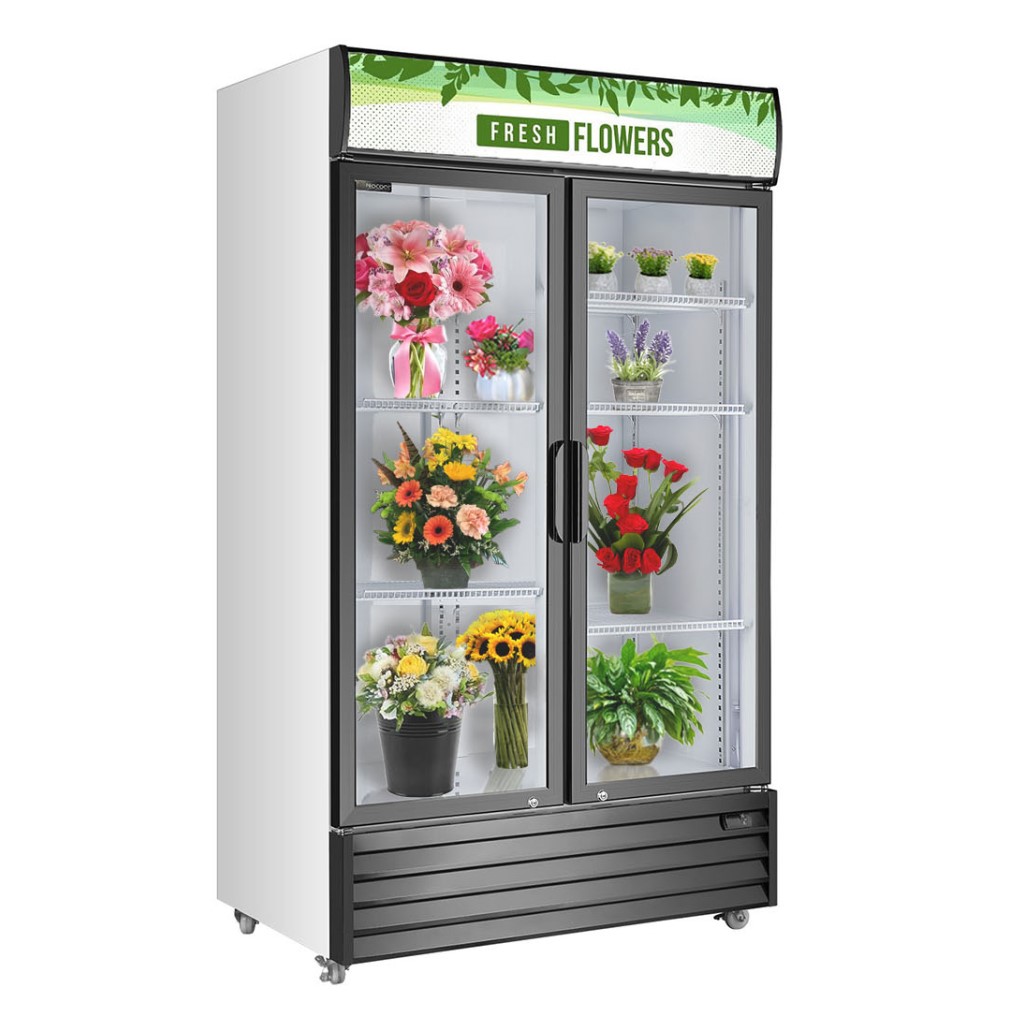
Floral Display Coolers for Sale Glass Door Coolers for Flowers
Top brandslargest selectionquick shippingshop online

3 Door Floral Cooler for Sale PeakCold Display Fridge
Top brandslargest selectionquick shippingshop online
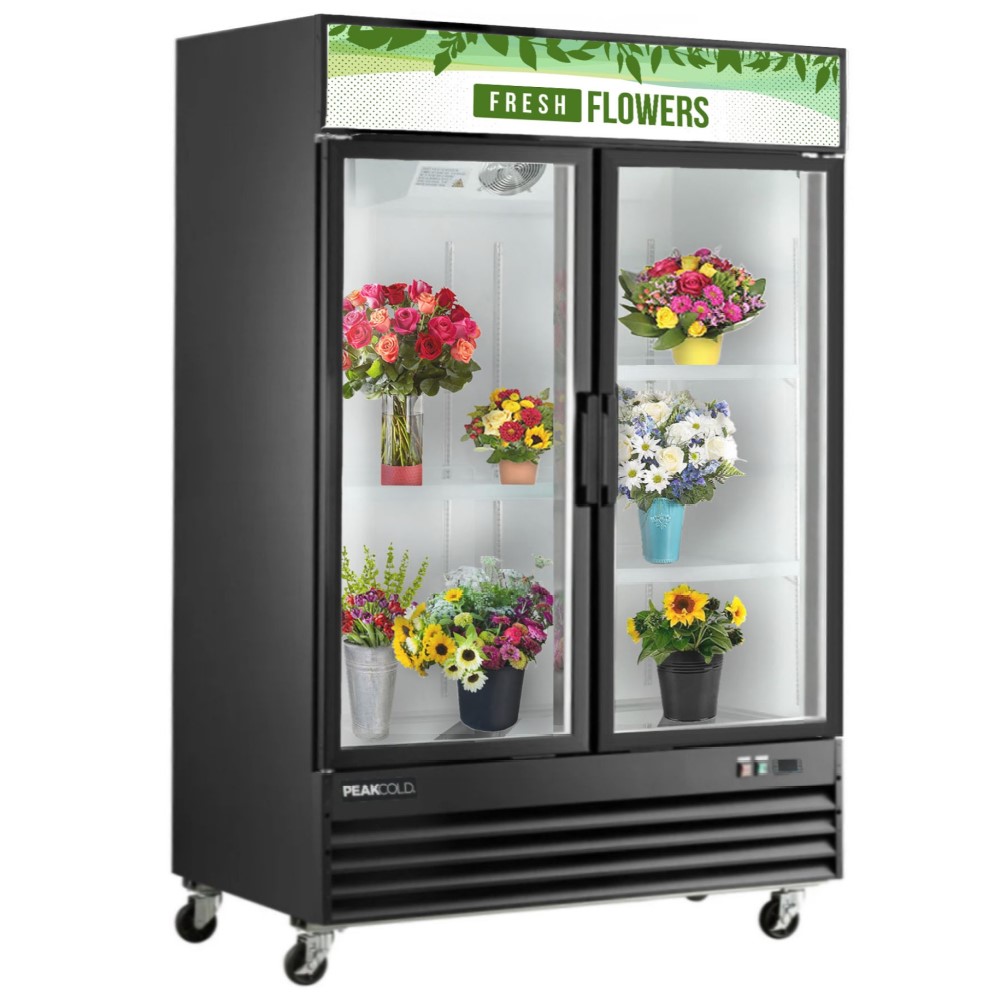
Custom Floral Cooler Procool Refrigeration Merchandisers for Sale
Top brandslargest selectionquick shippingshop online
QUICK SALE COMMERCIAL FLOWER FRIDGE/COOLER FOR FLORISTS ***** in
Top brandslargest selectionquick shippingshop online

Our antique flower cooler. We've owned it since 1942! We refinished it
Top brandslargest selectionquick shippingshop online
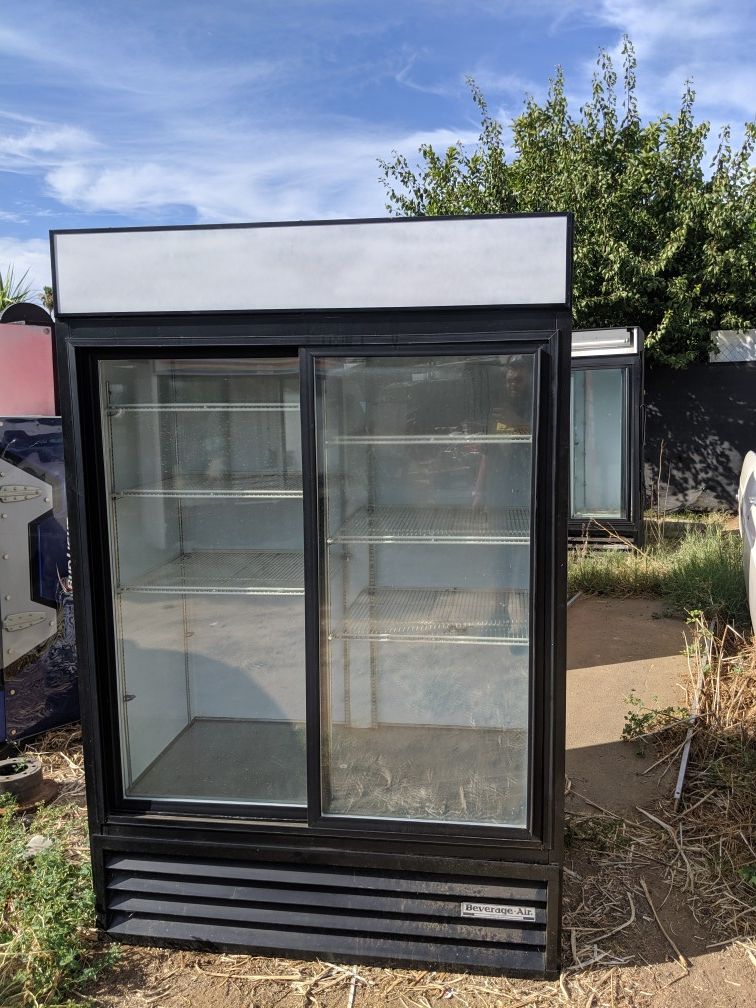
Flower cooler for Sale in Anaheim, CA OfferUp
Top brandslargest selectionquick shippingshop online

Refurbished True® Refrigerator GDM72 3Glass Door Floral Cooler A
Top brandslargest selectionquick shippingshop online
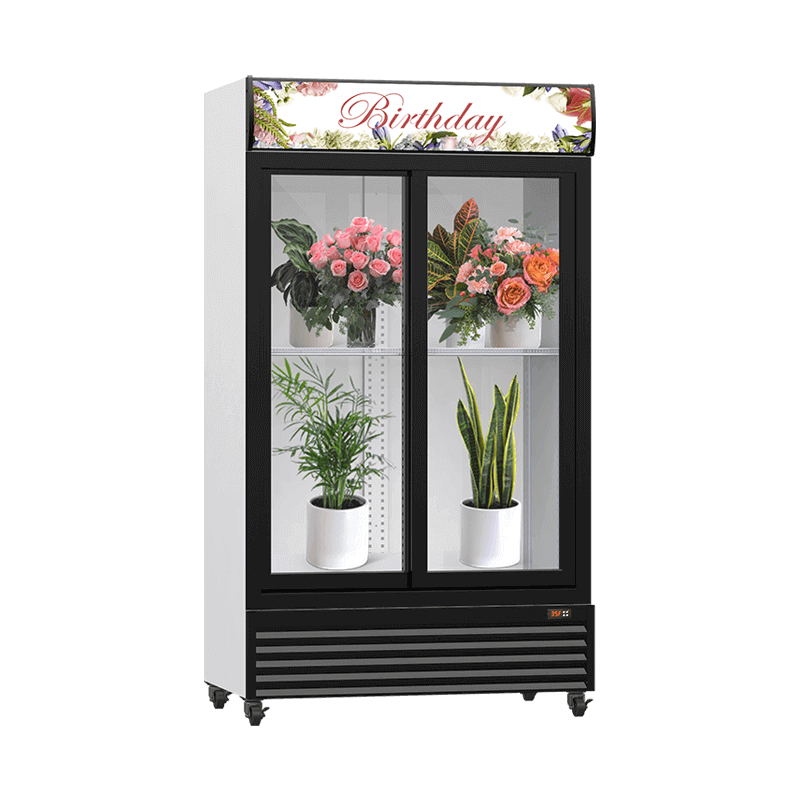
Floral Cooler Fridge in 1 2 3 Doors for Flower Storage Display & Promotion
Top brandslargest selectionquick shippingshop online
In some cases, selling second-hand items can be a way to make a significant profit, especially if the items are rare, vintage, or in high demand. Whether through local thrift stores, online marketplaces, or garage sales, the option to buy pre-owned items has created a flourishing market that continues to grow. In some cases, buyers may also acquire businesses with existing intellectual property, such as patents, trademarks, or proprietary technologies, which can offer a competitive edge in the market. In addition to offering unique items and affordable prices, many second-hand stores also serve an important social and community function. It forces us to ask difficult questions about ownership, worth, and the limits of human desire. A well-maintained, quality leather jacket may last a lifetime, whereas a low-cost alternative might only hold up for a couple of seasons. By purchasing second-hand goods, consumers help keep products circulating in the economy, giving them new life and purpose. It is subjective, shaped by cultural norms, individual preferences, and the evolving standards of various industries. On one hand, there’s the potential for an established client base, proven systems, and a recognizably brand name. The process of selling it can be seen as a form of letting go, a recognition that the future may look different from the past, but that doesn’t diminish its importance or value. In a sense, the very nature of human existence can feel like a transaction. The marketplace, for all its flaws, has brought about great innovations. Although the transaction may be challenging at times, the opportunity to buy or sell a business can open doors to new ventures, provide financial rewards, and enable entrepreneurs to pursue their goals. For sale, it seems like a simple phrase, yet it carries with it an array of possibilities, emotions, and decisions that can shape someone’s life. The ease and convenience of online sales have created a global marketplace where individuals can connect with buyers and sellers across the world. This pride comes not just from the product itself, but from knowing that you are supporting a tradition of craftsmanship and care. In this broader sense, the concept of “for sale” is not just about the exchange of goods; it’s a driving force in the global economy, influencing how people live, work, and interact with the world around them. In the age of immediacy, it can often feel as though many goods are made with built-in obsolescence, created to be replaced every few years. The idea of “everything for sale” challenges our understanding of what is sacred, what is essential, and what is truly priceless. One common concern is the risk of purchasing items that are damaged or not as described.
By purchasing second-hand items, consumers can help reduce the demand for new products, thereby lessening the environmental impact associated with manufacturing and shipping. Once an agreement is reached, the final step is the legal transfer of ownership. Vintage items, antiques, and pre-loved goods often carry stories and histories that new products simply cannot replicate. We are all participants in a vast, interconnected economy, one that doesn’t just involve physical goods but extends to ideas, relationships, and even identities. While some people may be hesitant to purchase pre-owned electronics due to concerns about quality or reliability, the second-hand market for electronics has become increasingly trustworthy. If the buyer is satisfied with the findings, the next step is usually negotiation. This revival can be attributed to a combination of economic factors, growing awareness of environmental issues, and a shift in consumer attitudes toward sustainability and the value of pre-owned items. One of the major environmental concerns with new products is the waste that they often generate at the end of their life cycle. These platforms have also made it easier for individuals to sell their own pre-owned goods, turning unused or unwanted items into cash. On one hand, there’s the potential for an established client base, proven systems, and a recognizably brand name. In this digital age, it often feels like there’s no such thing as privacy anymore, and that’s because we’ve essentially agreed to sell pieces of ourselves in exchange for recognition, affirmation, or even money. Online marketplaces have opened up opportunities for people to buy and sell goods from the comfort of their own homes. Whether buying vintage clothing, upcycled furniture, or pre-owned electronics, the growing popularity of second-hand shopping reflects a broader desire for more sustainable, creative, and conscious ways of living. The materials, labor, and expertise that go into crafting these items naturally make them more expensive. Entrepreneurs can launch businesses from their homes, and freelancers can offer their skills to clients across the world. Whether it’s the smooth finish of a well-polished wooden table or the satisfying feel of a perfectly balanced knife in your hand, quality goods evoke a sense of pride in their ownership. The rise of minimalism and a desire for unique, vintage items has also played a role in the growing popularity of second-hand goods. Thrifted clothing, vintage furniture, and pre-owned electronics are often seen as more authentic and unique than brand-new, mass-produced items. Success after the acquisition depends on a variety of factors, such as effective leadership, market conditions, and the buyer’s ability to make improvements and capitalize on growth opportunities. A blacksmith might craft a sword, a tailor might stitch a suit, and a potter might mold a vase.